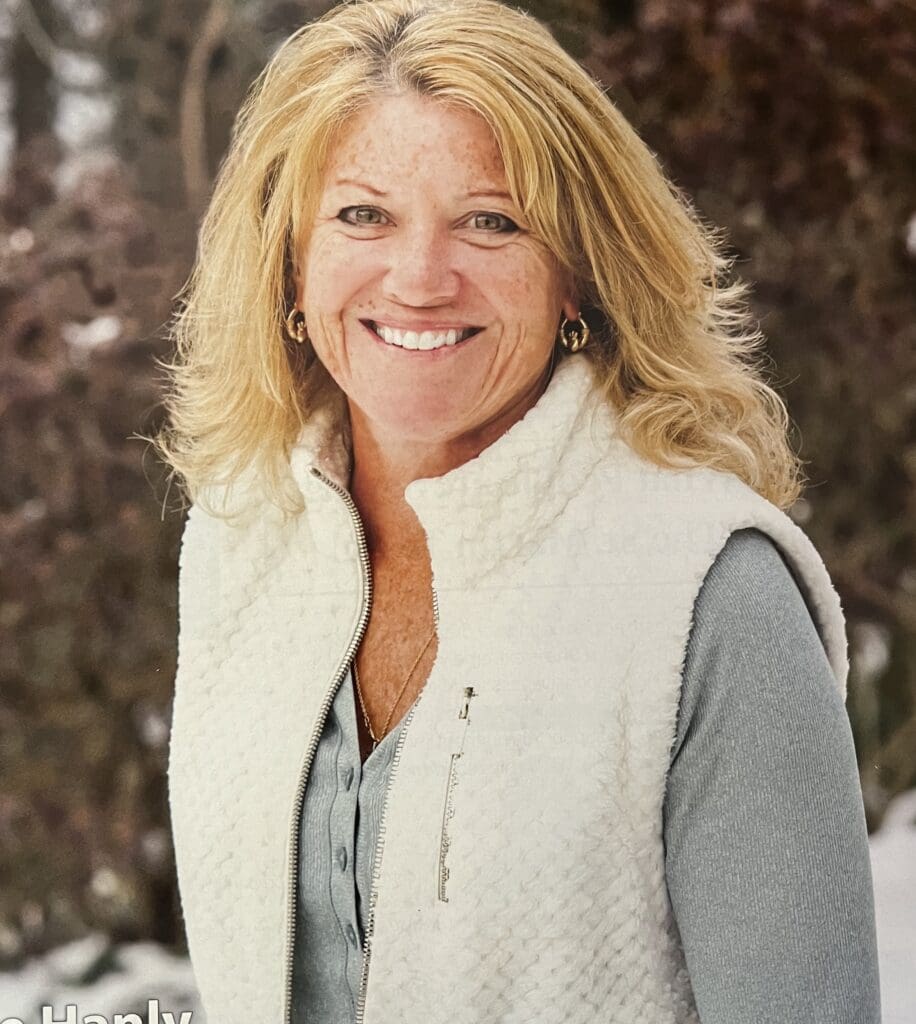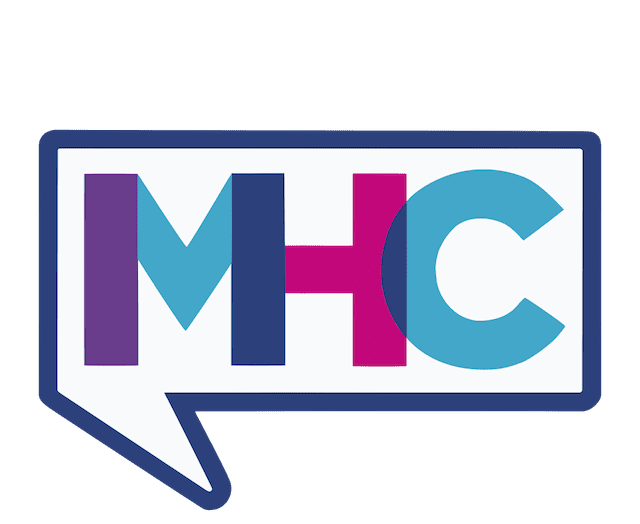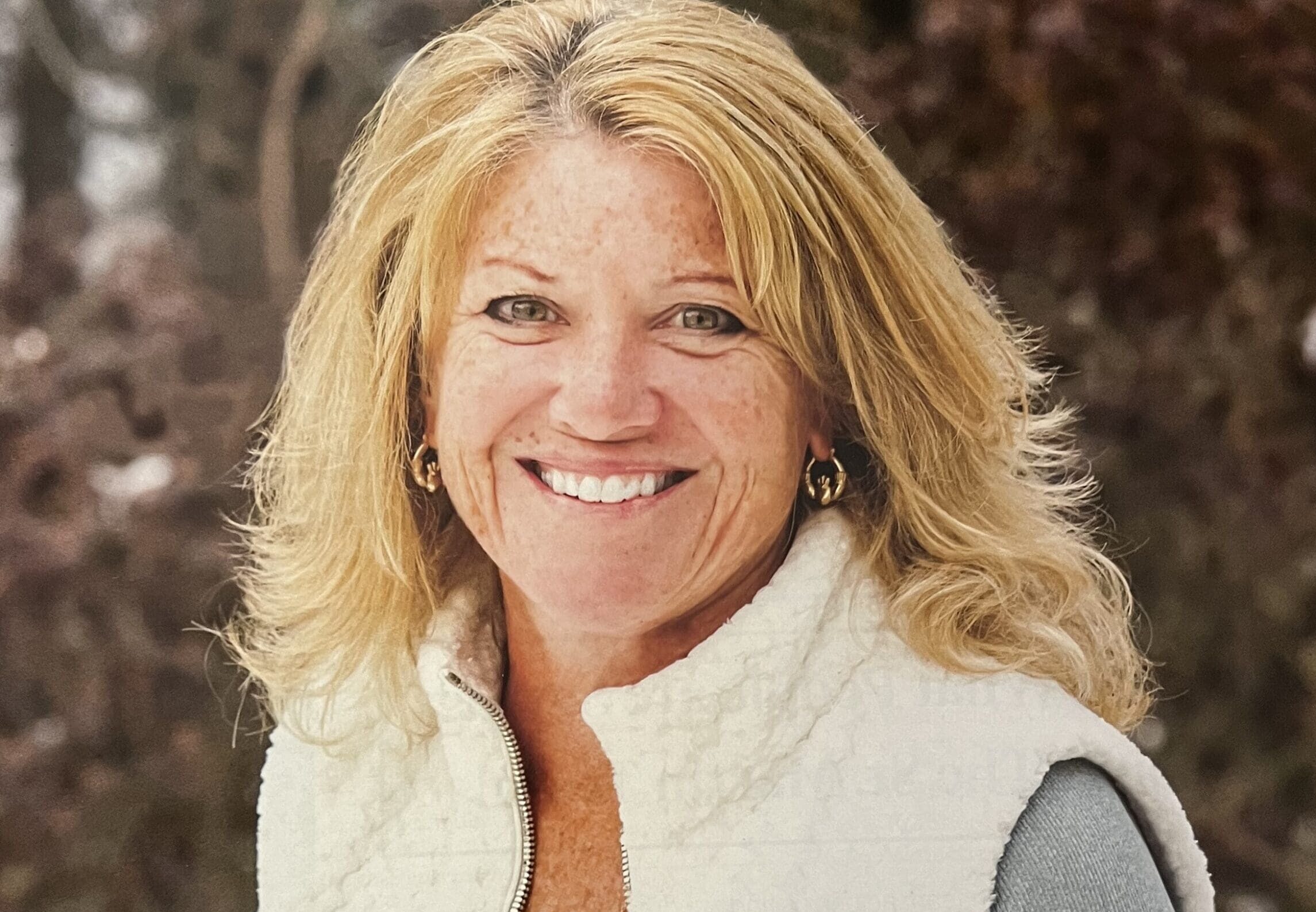Each week this month, we’ll introduce you to one of the skilled professionals who deliver our Mental Health Essentials programs in schools, workplaces, organizations, and communities. We’ll continue these spotlights beyond May to highlight the people who bring our mission to life and the meaningful impact they make daily.

Trainer Spotlight: Sue Hanly, Clinical Trainer MSN, RN
Tell us a bit about you: I am the married mother of 4 grown children and 6 grandchildren and reside in Massachusetts. In 2022 I saw Abbie Rosenberg (MHC’s Executive Director) being interviewed on the news about MHC and reached out letting her know that I shared her passion to bring mental health literacy to all. I have worked as a trainer ever since! I have been a registered nurse for almost 40 years. For 22 of those years, I was a middle school nurse. In 2019, I obtained my Master’s of Science in Nursing on the Educator track and for the past 3 years, have been an Adjunct Clinical Instructor at a community college in Worcester overseeing Associate Degree Nursing students on their psychiatric rotation.
What made you want to become a trainer with MHC? My ‘lived experience’ with mental illness. Not only do several members of my extended family suffer from a mental illness, but my own daughter was diagnosed with major depressive disorder when she was 14. She is living proof that with treatment there is hope. I wish there had been more programs like those offered by MHC when my family was struggling to understand and support my daughter 20 years ago.
What needs have you seen for MHC’s mental health education programs in your community? My husband and I moved to a town outside of Boston in the fall to be nearer to our children and grandchildren. In this new community, they are building up their work around substance misuse prevention and mental health. At a recent community resource meeting I was able to attend, there was a robust conversation about mental health and substance misuse and the need to do more to support members of the community. I was on the Board of Health in my previous town for 17 years and am very proud of the work done there to address mental health concerns. It is exciting to be in a new community where I can hopefully make a difference.
Can you share an impactful moment from a program you’ve done recently? At a recent Mental Health Essentials for Educators program, during the break I spoke with a woman who was a nurse in the school system. She opened up to me about her family’s journey including the loss of her husband in a car accident and the impact it had on the mental health of herself and her children. She shared with me that one of her sons had made several poor decisions and she questioned if she had handled it well. I listened to her and validated that she had done an incredible job. I am always mindful that “everyone has a story to tell.” And we need to give people the opportunity to tell their stories.
Who is your favorite audience to train and why? I have a lot of favorites but I would say my 2 favorite audiences are educators and coaches. Educators because I worked in a school system for 22 years and am well aware of the lack of opportunities to learn about mental health literacy. Statistics are staggering: 50% of all mental illnesses begin by age 14 and 75% by age 24. Educators are in unique positions to help identify students who may have a mental illness but have not been treated. They have the power to change the most alarming statistic that the average delay in treatment from when mental health signs first appear and diagnosis is 8-11 years! And I love the Mental Health Essentials for Coaches training because I coached basketball and cross country for years. One of my daughters was also a collegiate athlete. With all the years I have been involved in sports, not once was I trained about mental health. Coaches often have to take a concussion training course. Why are they not required to take a mental health training course?

